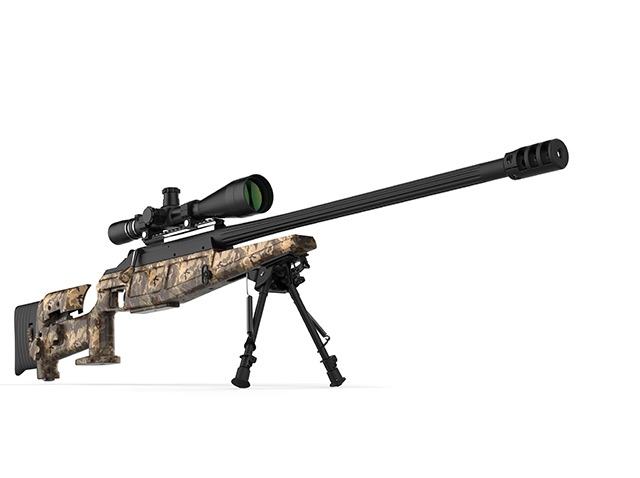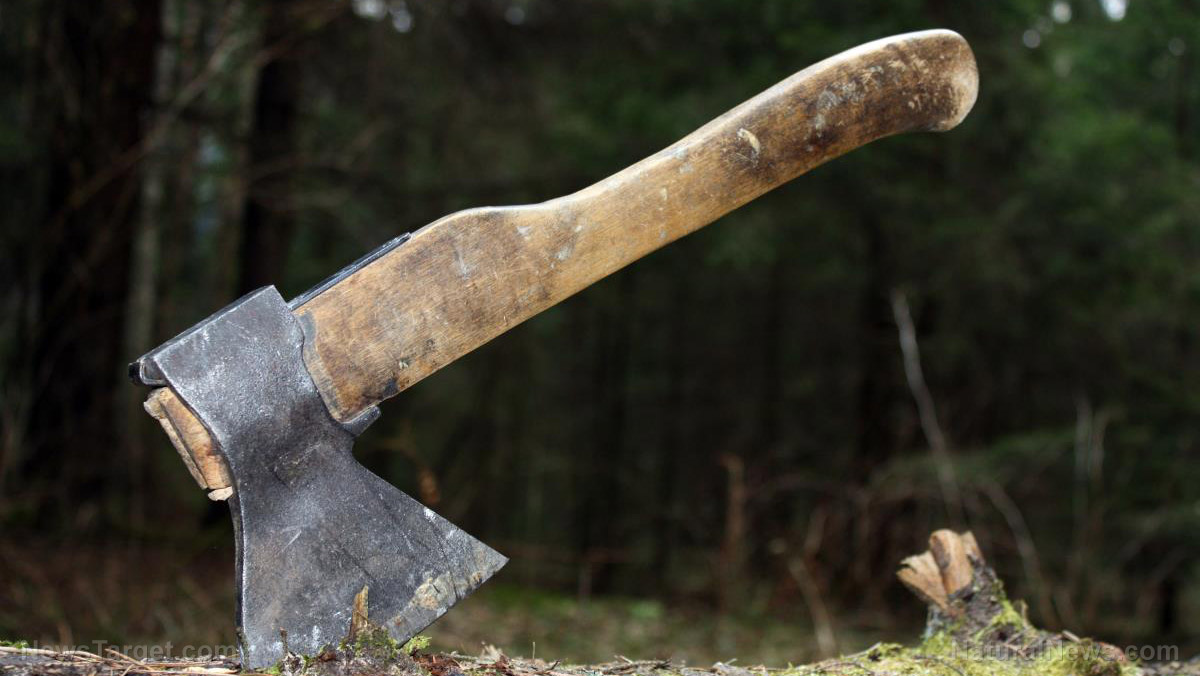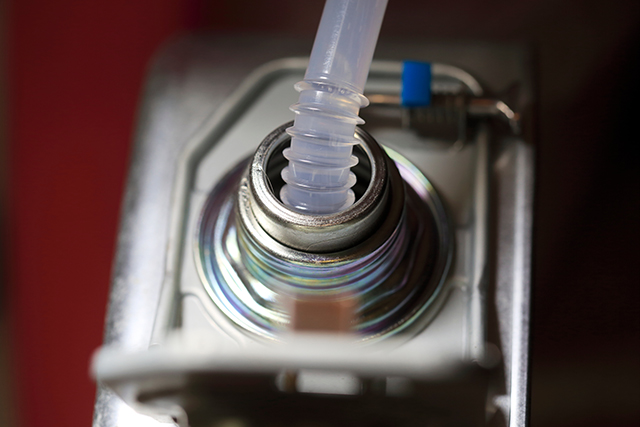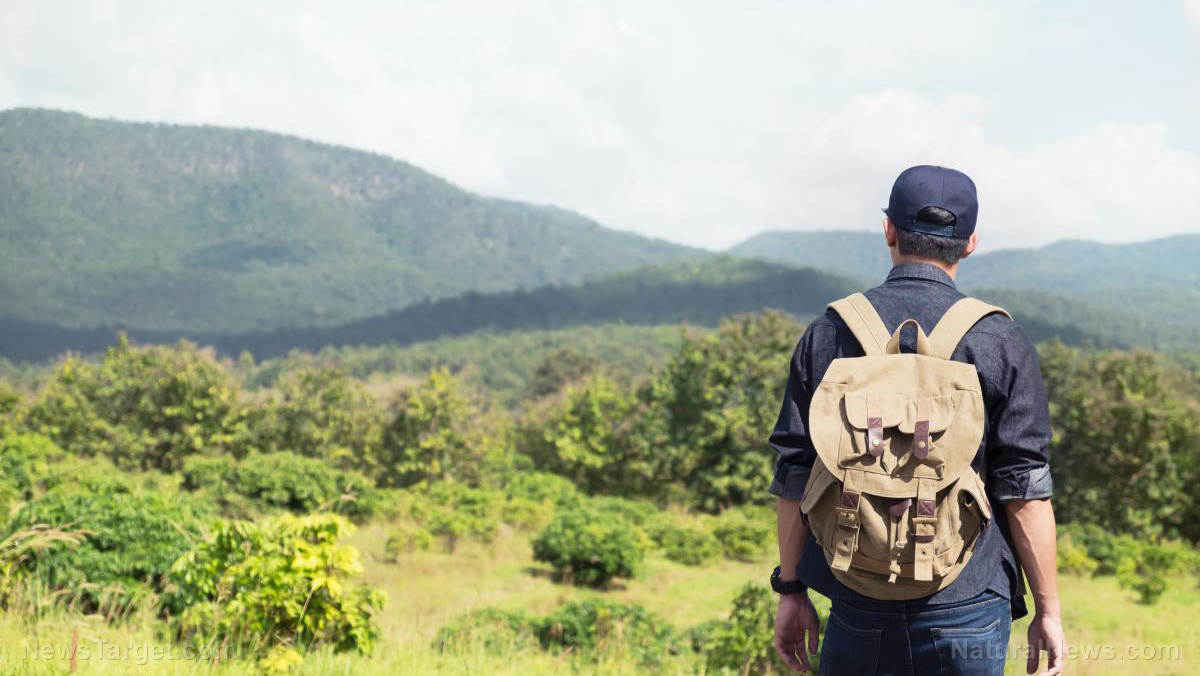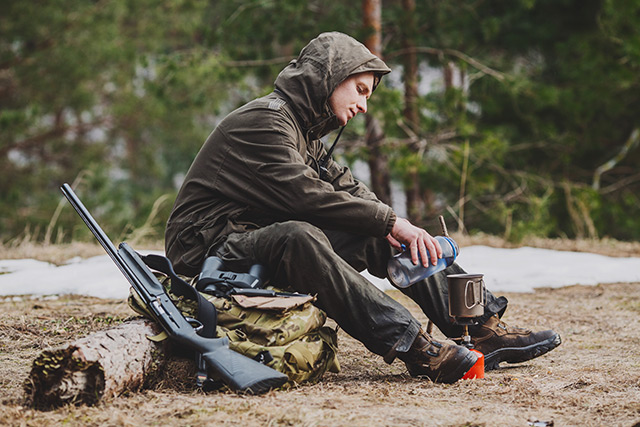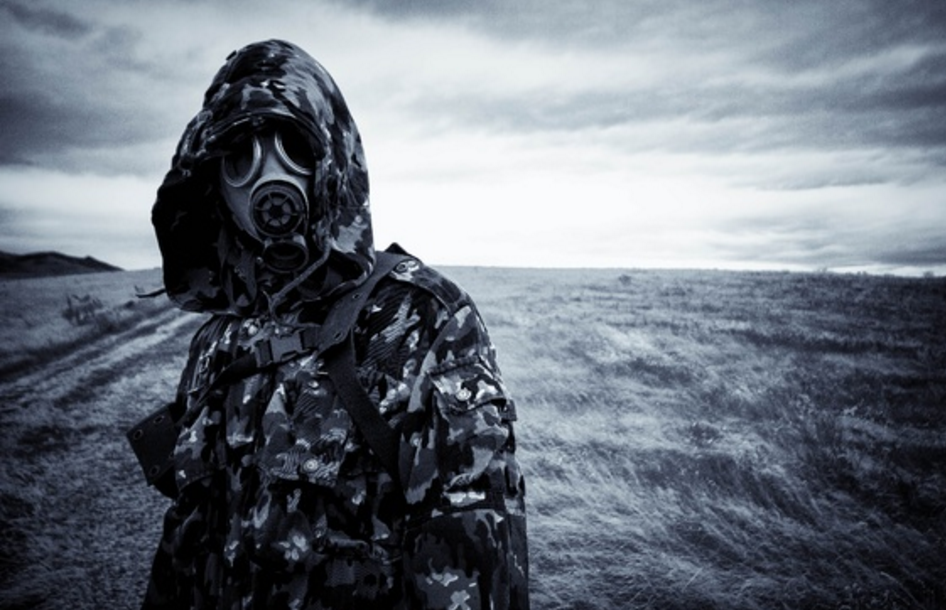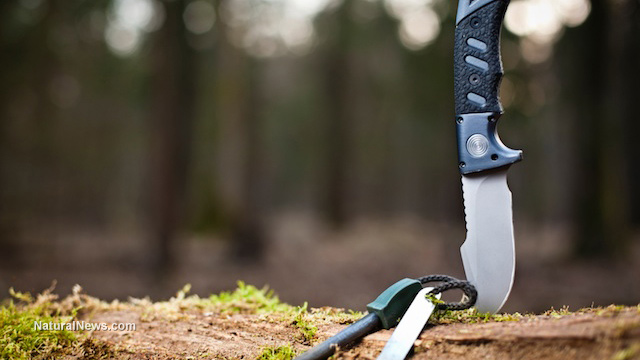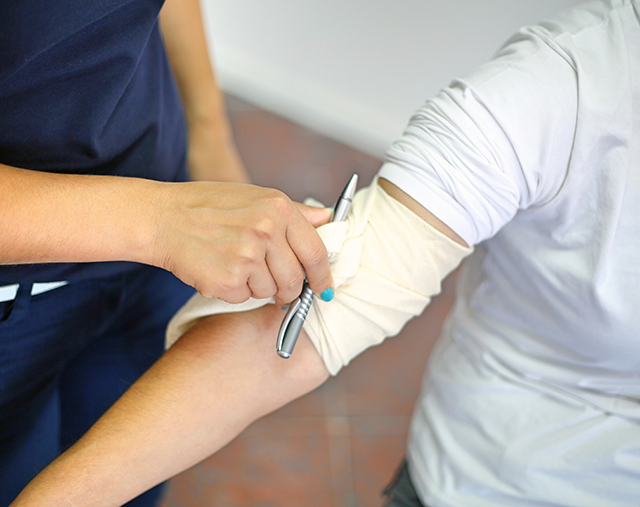A long gun like a rifle or a shotgun sticks out like a sore thumb due to its size, an article in Survival Sullivan states. Fortunately, there are easy and affordable ways to camouflage your big gun to conceal it, be it the eyes of the game animal you are hunting or the hostile human who is hunting you.
A gun with a mere black or blue finish will not just stand out at night because it is darker or blacker than everything else. It will also betray your presence to night vision systems.
In order to paint your gun, you should get the following supplies:
- High-quality spraypaint with a flat finish in shades of brown, green, flat black, khaki, and tan
- Clearcoat spray with a matte finish
- Painter’s tape
- A “mask” of camouflage net or mesh material that is big enough to cover the gun
- Drop cloth for your work area
- Stand or hanger for gun
- Foam earplugs
Do not skimp on the quality of the paint. The higher the quality, the longer the camouflage lasts.
Before painting your gun, unload it and make sure it is empty. Clean out any grub or oil in it. After cleaning your weapon, reassemble it. Remove any accessories you do not want to be painted.
Cover every exterior surface with a residue-free gun degreaser. Check the action if it might be seeping oil.
The earplug does not go into your ear. It goes into the muzzle and seals it against the paint. If the bore is too big, use some cloth or a paper towel.
Any lenses and buttons on flashlights, lasers, and optics should be taped. Also cover dust covers, ejection port doors, and action bars in pump-action weapons. (Related: Prepper essentials: A guide to camouflaging your property.)
Applying spray paint camouflage to your gun
Pick a work area that has direct sunlight or is warm and dry. This will speed up the drying process.
Set up the drop cloth so it will catch any over-spray. Shake your paint very thoroughly before you start, as well as every now and then during the process.
Now put your gun on the fixture. Stand about a foot away from it. Load a tan paint and use wide strokes to apply a light coat all over the weapon.
Wait for one or two minutes before applying a second light coat. This will serve as your base coat for the main pattern.
Now place your mask over the gun. Load a light brown paint and spray a number of locations on the gun. Do not coat the whole weapon.
Rearrange your mask over your gun. Switch to a dark green paint and spray other parts.
After rearranging the mask, lightly spray light green paint over all the gun. This last coat will blend the previous colors together.
Let the paint dry for at least two hours. If you want sturdier camouflage, remove the mask and apply a light layer of clearcoat.
How to take care of your gun’s camouflage
Inspect your newly applied camouflage in different locations. Adjust the paint accordingly. Then pat yourself on the back for a $50 job well done.
The color of your paint will depend on the climate. Light brown and tan works for anywhere that isn’t snowy, while green is best in places with lush vegetation. Avoid unnatural black.
To repair scratched or worn camo finish, shoot a little paint on them. Changing locations or shifting seasons will need a new coat.
If you need to strip the paint, get a paint stripper that works on spray paint and is safe to use on metal, especially aluminum.
You can pick up more helpful tips to spruce up your gun at Guns.news.
Sources include:
SurvivalSullivan.com
Instructables.com

